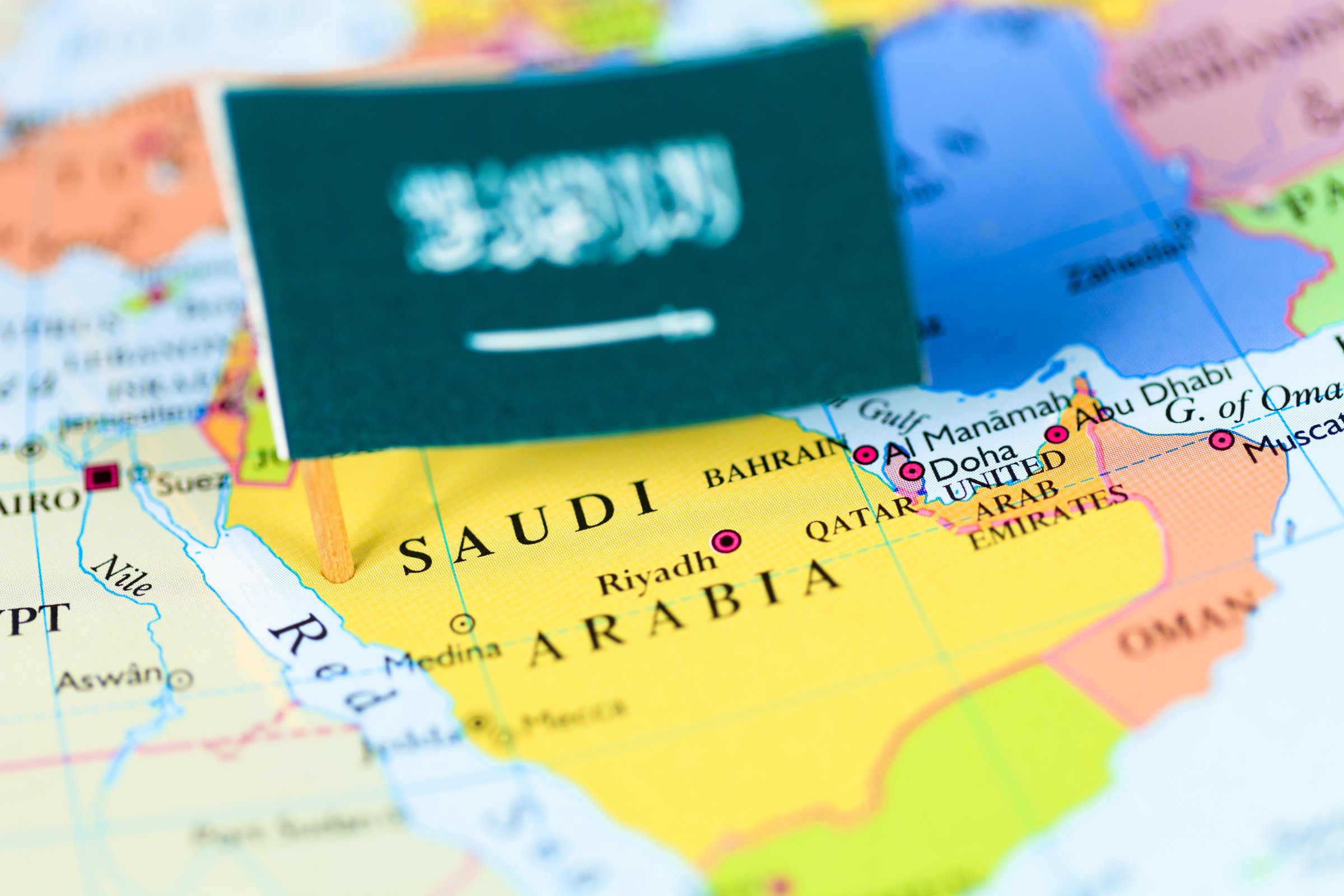
Saudi Arabia has reportedly resorted to spending cuts to cope with a budget deficit caused by the steep decline of oil prices over the past year.
Bloomberg reported Oct. 8 that the Saudi Finance Ministry has directed government agencies not to embark on any new spending initiatives for the rest of the year. It also froze government hiring and promotions, suspended the purchase of furniture and vehicles and urged revenue collectors to accelerate their operations.
The report cited two sources who requested anonymity because the information had not yet become public. The Finance Ministry told the news service that it had no comment on the report.
The primary reason for the spending cuts is the drop in oil prices since June 2014, from over $110 per barrel to around $50 today; oil accounts for around 90 percent of Saudi revenue. But the kingdom’s finances also have been strained by its involvement in wars in Syria and Yemen.
As a result, Saudi Arabia’s ratio of debt to GDP is in danger of rising to 33 percent in five years, according to a new report by the International Monetary Fund (IMF). The report says the Saudi budget has gone from a surplus to a deficit of more than 20 percent of GDP, more than twice as deep as those that beset the United States and Britain in 2008 and 2009, the darkest period of the recent recession.
The IMF says the drop in oil prices also has affected other leading crude exporters, including Kuwait, Russia and Venezuela.
Nations rich in natural resources enjoyed “an exceptional commodity price boom during the 2000s,” the report says, enriching these countries, including Saudi Arabia. But it stresses, “[C]ommodity prices are volatile, unpredictable, and subject to long-lasting shocks. … [C]ommodity exporters will need to adjust to a – possibly protracted – period of lower export and fiscal revenues.”
To manage the deficit, Riyadh had no choice but to rein in spending in the fourth quarter of this year, according to John Sfakianakis, the Middle East director at Ashmore Group, a British investment managing concern. In an interview with Bloomberg from Riyadh, he added, “Saudi Arabia will have to implement spending cuts and efficiencies in order to avoid a runaway fiscal deficit in 2016.”
The spending cuts aren’t Saudi Arabia’s first effort to manage its deficit. Bloomberg quoted other anonymous sources as saying Riyadh had planned to raise at least $24 billion from bond sales by the end of 2015. This was in response to a drop in the kingdom’s foreign assets, which at that time had fallen for the seventh consecutive month to $654.5 billion, its lowest in more than two years.
Despite the deficit, however, Saudi Arabia won’t stop investing in energy, including solar power as well as oil and gas, according to the kingdom’s oil minister, Ali al-Naimi. The Saudi Press Agency reports that he told the G-20 Energy Ministers’ meeting in Istanbul on Oct. 2 that his country is committed to making clean, efficient energy readily available today and in the future.
This article originally appeared on Oilprice.com
More from Oilprice.com:
More Must-Reads from TIME
- Donald Trump Is TIME's 2024 Person of the Year
- Why We Chose Trump as Person of the Year
- Is Intermittent Fasting Good or Bad for You?
- The 100 Must-Read Books of 2024
- The 20 Best Christmas TV Episodes
- Column: If Optimism Feels Ridiculous Now, Try Hope
- The Future of Climate Action Is Trade Policy
- Merle Bombardieri Is Helping People Make the Baby Decision
Contact us at letters@time.com